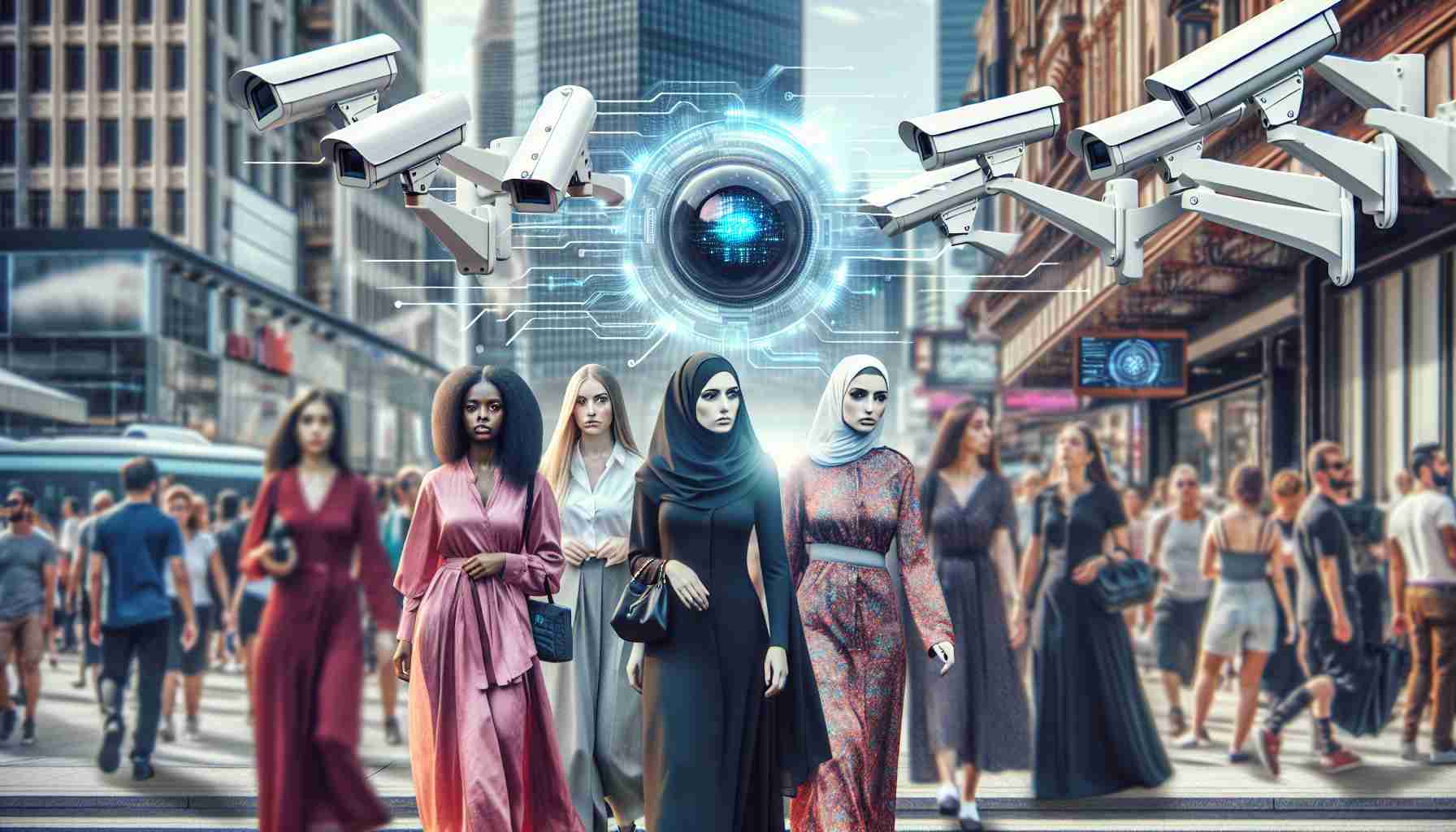Iran’s integration of AI in enforcing conservative dress codes signals an escalation in the government’s control over its citizens, particularly impacting women’s freedoms. Senior fellow at the Foundation for Defense of Democracies, Behnam Ben Taleblu, described how the Iranian regime employs a sophisticated digital network encompassing facial recognition and comprehensive monitoring to intensify its crackdown on civil liberties.
The approaching Hijab and Chastity Bill, which is poised for ratification, is expected to deploy AI capabilities extensively, particularly endangering the privacy and autonomy of Iranian women. The legislation mandates that police utilize advanced intelligence systems, including a variety of cameras, to detect and persecute those considered to be infringing on the state’s conservative norms.
Private businesses could face severe financial penalties for non-compliance with the video surveillance demands, and women run the risk of heavy fines, social ostracism, and even long-term imprisonment for failing to adhere to strict hijab regulations.
The Iranian government’s approach extends beyond mere law enforcement into a form of economic and social warfare directed at women, potentially seizing properties and crippling financial assets to force compliance. U.N. experts have labeled these measures as a form of gender persecution.
In preparation for this, Iran has ramped up its installation of surveillance cameras nationwide since April 2023, and there have been reports of aggressive enforcement measures, including vehicle confiscations and the issuance of “morality” penalties based on AI-assisted monitoring.
This movement toward a digitally policed state underscores the dualistic nature of AI and technology at large: while it holds the potential to liberate, in the hands of Iran’s regime, it fortifies barriers and facilitates oppressive governance. The international community, led by the United States, is attempting to restrict Iran’s access to advanced AI through enhanced export controls, thus impeding the regime’s repressive capabilities.
Implementation of AI for Social Control
In Iran, the government’s use of AI systems to monitor compliance with sociocultural norms, particularly regarding women and dress codes, is part of a broader trend where states employ technology as a tool of governance and social control. By leveraging AI in their surveillance tools, the Iranian authorities aim to meticulously enforce their version of Islamic dress codes.
Important Questions and Controversies
Key questions surrounding this issue include:
1. How effective will the international community’s efforts be in restricting Iran’s access to AI technology for surveillance?
2. What are the implications of this technology on the privacy and human rights of citizens, especially women?
3. Could this type of surveillance technology be misused to further suppress opposition and dissent within the country?
The key challenges or controversies associated with this deployment of AI surveillance are largely focused on human rights violations, the establishment of an intrusive surveillance state, and the international repercussions of technology being used for repression.
Advantages and Disadvantages
While the technology discussed in the article primarily serves to enforce conservative norms, AI does have the potential to provide significant advantages when used ethically: improving efficiency in law enforcement, enhancing public safety, and managing cities better.
However, the disadvantages under the Iranian regime’s application are clear:
– It infringes on basic freedoms and personal autonomy.
– It may exacerbate gender inequality and discrimination.
– It creates a climate of fear and oppression.
– There is potential for abuse of power and wrongful persecution.
The implementation of the Hijab and Chastity Bill raises concern about the increasing readiness of some governments to exploit technology for authoritarian purposes, underlining the importance of international norms and agreements on the use of AI in governance.
For more information about Iran and its policies, consider visiting credible news sources or official documents provided by international organizations that monitor human rights practices:
– Human Rights Watch
– Amnesty International
– United Nations
These platforms provide reports and resources that delve into how technology affects freedoms and rights globally. Please note that while these source URLs are verified and commonly used for reference, it is always good practice to double-check the validity of any information found online.
The source of the article is from the blog smartphonemagazine.nl

